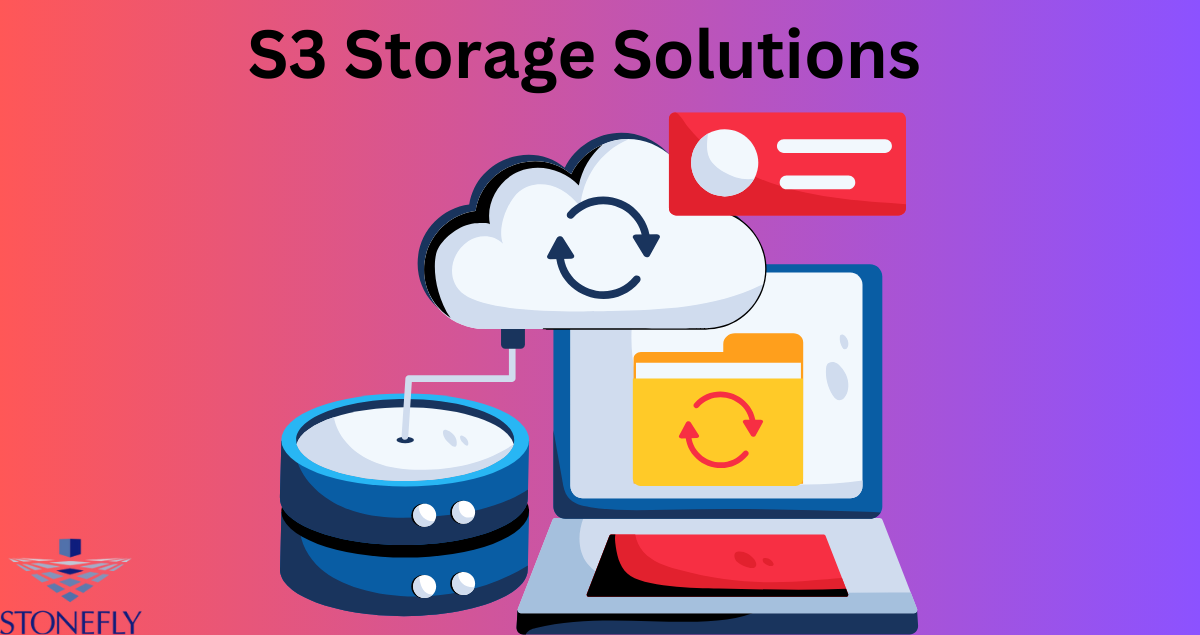Clover app development has gained significant attention in recent years due to its growing popularity among businesses seeking a versatile and reliable point-of-sale (POS) system. The Clover platform offers a range of services, from payment processing to inventory management, making it an attractive choice for businesses of all sizes. However, understanding the costs, challenges, and potential return on investment (ROI) associated with Clover app development is crucial for business owners and developers alike. In this article, we’ll explore the key factors involved in Clover app development, including the costs, challenges, and how it can impact a business’s bottom line.
What is Clover App Development?
Clover is a robust POS system that provides hardware and software solutions designed to help businesses manage transactions, track inventory, and improve customer experiences. Clover app development refers to the process of creating custom applications that integrate with the Clover platform to provide additional features, tailor functionality, and meet specific business needs. This includes developing apps for inventory management, customer loyalty programs, reporting, and more.
A Clover app development company typically works to build these apps by utilizing the Clover API and SDK (Software Development Kit) to extend the capabilities of the system. Whether you’re developing an app for a retail store, restaurant, or service-based business, understanding the various elements of the development process is key to ensuring a smooth and cost-effective project.
Costs of Clover App Development
The costs associated with Clover app development can vary significantly based on a number of factors, including the complexity of the app, the functionality required, and the development time. Here are some key cost considerations:
-
App Complexity: Basic apps with simple features, such as payment processing or sales tracking, will generally cost less to develop compared to more complex applications that integrate with other software systems, provide custom reporting, or include advanced functionalities such as customer analytics or loyalty programs.
-
Development Time: The longer the development process, the higher the costs. Custom-built apps typically take longer to develop, especially if they require complex coding or integration with third-party services. It’s important to plan the project timeline carefully to avoid unexpected delays and additional costs.
-
Development Team: Hiring a reputable Clover app development company will influence the cost. Experienced developers with a proven track record of building apps for Clover will likely charge more for their services, but their expertise can help ensure the success of the project. It’s essential to balance quality with budget when selecting a development team.
-
Ongoing Maintenance and Updates: Once the app is developed and deployed, there are ongoing costs associated with maintaining the app, updating it to ensure compatibility with Clover’s system updates, and troubleshooting any issues. Some companies offer maintenance packages, which can help you manage these costs effectively.
Challenges in Clover App Development
While Clover offers a user-friendly platform, developing custom apps to meet the specific needs of a business comes with its challenges. Here are some common hurdles that businesses and developers may face:
-
Technical Limitations: Although Clover provides an API and SDK for app development, there may still be technical limitations that developers need to work around. Certain features may not be supported by the platform, which could limit the functionality of the app or require workarounds that could increase development time and costs.
-
Integration with Existing Systems: Many businesses already use other software systems for accounting, customer management, or inventory tracking. Integrating a custom Clover app with these systems can be complicated, especially if the existing systems don’t have open APIs or support integration.
-
Security and Compliance: Clover apps deal with sensitive payment and customer data. Ensuring that the app complies with industry standards such as PCI-DSS for payment processing is crucial. Developers need to prioritize security features to protect against potential data breaches and fraud.
-
User Experience (UX): A key to successful app development is creating an intuitive user experience. Clover apps should be easy to navigate, responsive, and visually appealing. Designing an app that aligns with a business’s unique needs while ensuring a positive user experience can be a delicate balance.
-
Approval Process: After development, the app must go through a review and approval process by Clover to be listed on their marketplace. The approval process can take time and may require adjustments to meet Clover’s standards for security, functionality, and user interface.
Calculating the ROI of Clover App Development
When considering the investment in Clover app development, it’s essential to understand the potential return on investment (ROI). A well-developed Clover app can drive significant value for a business in several ways:
-
Improved Efficiency: Custom apps can automate processes, streamline workflows, and improve overall business operations. This can reduce manual labor, minimize errors, and save time, leading to cost savings and improved productivity.
-
Better Customer Engagement: Many businesses use Clover apps to create customer loyalty programs, personalized promotions, or rewards systems. These types of features can enhance customer satisfaction and encourage repeat business, which can lead to higher sales and profitability.
-
Enhanced Data Insights: Custom apps can provide detailed reports and analytics, giving businesses valuable insights into sales trends, inventory levels, and customer behavior. This data can help inform business decisions, improve inventory management, and optimize pricing strategies.
-
Scalability: As your business grows, custom Clover apps can be scaled to accommodate new locations, additional products, or changing business needs. This scalability ensures that your business continues to benefit from the app long-term, providing value well beyond the initial investment.
-
Cost Savings: While the upfront costs of Clover app development may be significant, the long-term cost savings associated with streamlined processes, better customer retention, and data-driven decision-making can deliver a substantial ROI over time.
Conclusion
Clover app development offers businesses the opportunity to customize and enhance their point-of-sale systems, creating apps tailored to their specific needs. However, the development process comes with costs and challenges that must be carefully managed. By understanding these factors, businesses can make informed decisions about whether developing a custom Clover app is a worthwhile investment.
Partnering with a skilled Clover app development company can help mitigate challenges, ensure that the app aligns with business goals, and maximize ROI. By focusing on efficiency, security, and user experience, Clover app development can become a key tool in driving business growth and success.





